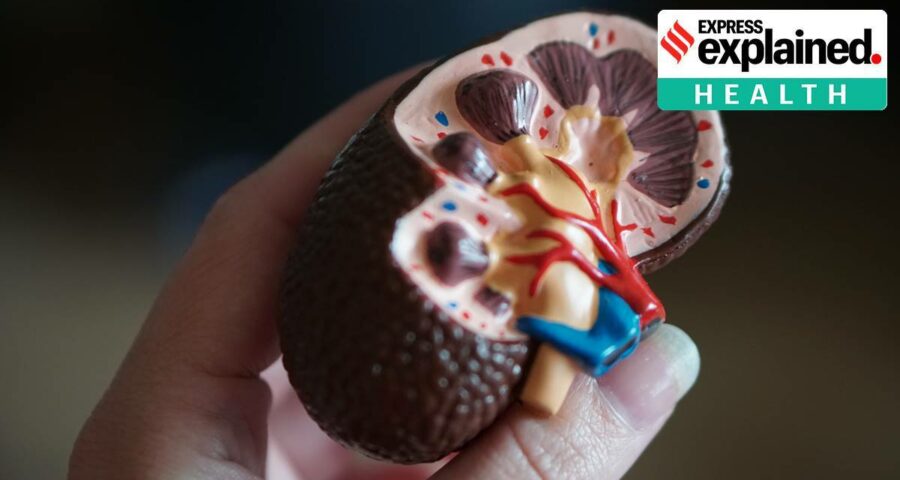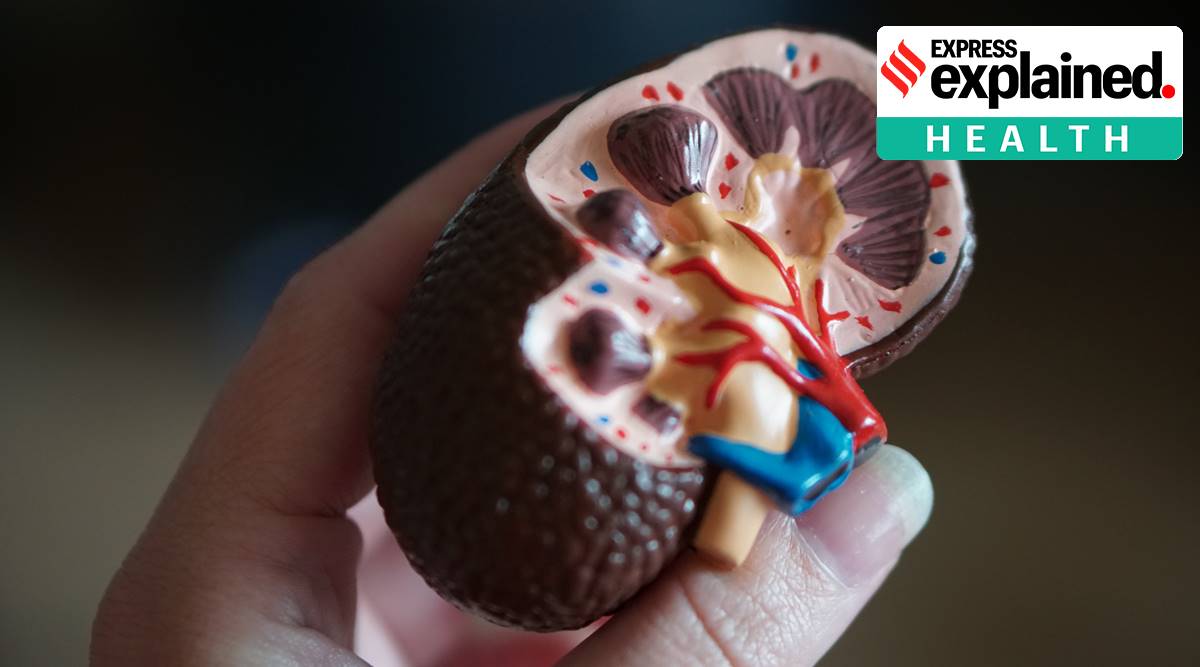Many individuals who develop Covid-19 also experience kidney damage, but it has been so far unclear if this is a direct result of viral infection or a consequence of another condition or the body’s response to the infection.
Researchers have studied human kidney cells in the lab to examine the effects of Covid-19 on kidney health. The findings appear in the Journal of the American Society of Nephrology (JASN).
Many individuals who develop Covid-19 also experience kidney damage, but it has been so far unclear if this is a direct result of viral infection or a consequence of another condition or the body’s response to the infection. To investigate, a team led by Benjamin Dekel (Sheba Medical Center, Israel) cultivated human kidney cells in lab dishes and infected them with SARS-CoV-2. They found that
- The SARS-CoV-2 coronavirus can infect and replicate in human kidney cells, but this does not typically lead to cell death.
- Kidney cells that already have features of injury may be more easily infected and develop additional injury.
Prior to infection, the cells contained high levels of interferon signalling molecules, and the infection stimulated an inflammatory response that increased these molecules. In contrast, infection of kidney cells deficient in such molecules resulted in cell death, suggesting a protective effect. The cells in these experiments were grown as a three-dimensional spheroid that imitates the healthy kidney or as a two-dimensional layer that mimics the cells of an acutely injured kidney. Cells that mimicked an acutely injured kidney were more prone to infection and additional injury but not cell death.
“The data indicate that it is unlikely that the virus is a primary cause of acute kidney injury seen in COVID-19 patients. It implies that if such injury takes place in the kidney by any cause, the virus might jump on the wagon to intensify it. Therefore, if we’re able to limit the common scenario of acute kidney injury in the first place, then there might be the possibility to minimize potential damage caused by the virus,” the ASN quoted Dr Dekel as saying.
Source: American Society of Nephrology
Source: Read Full Article



